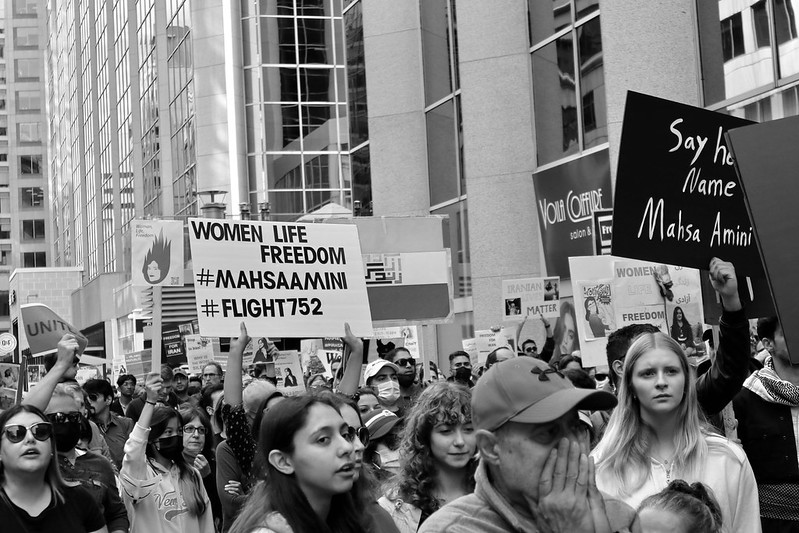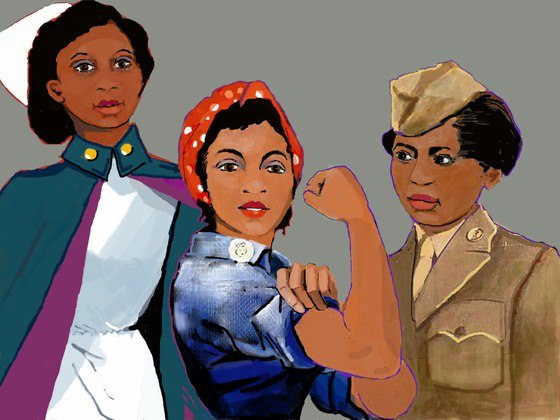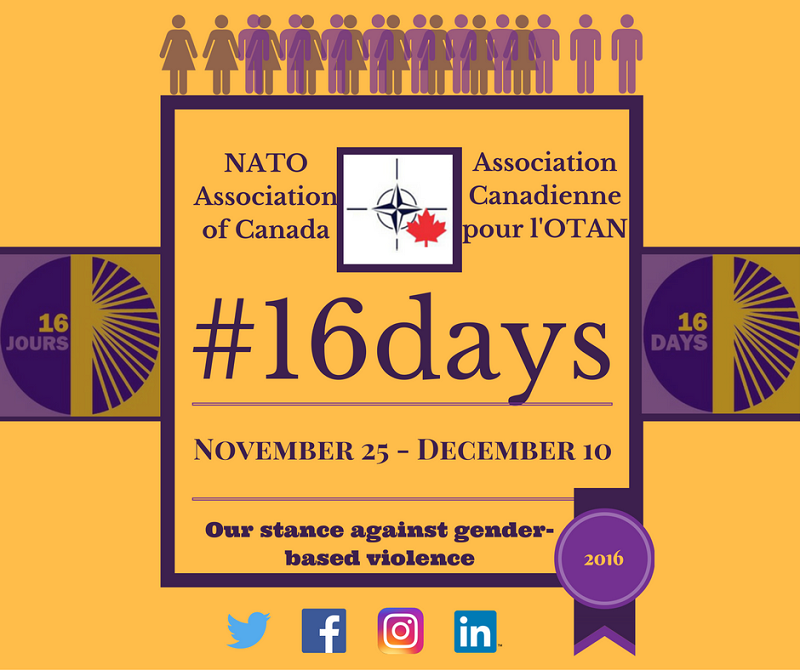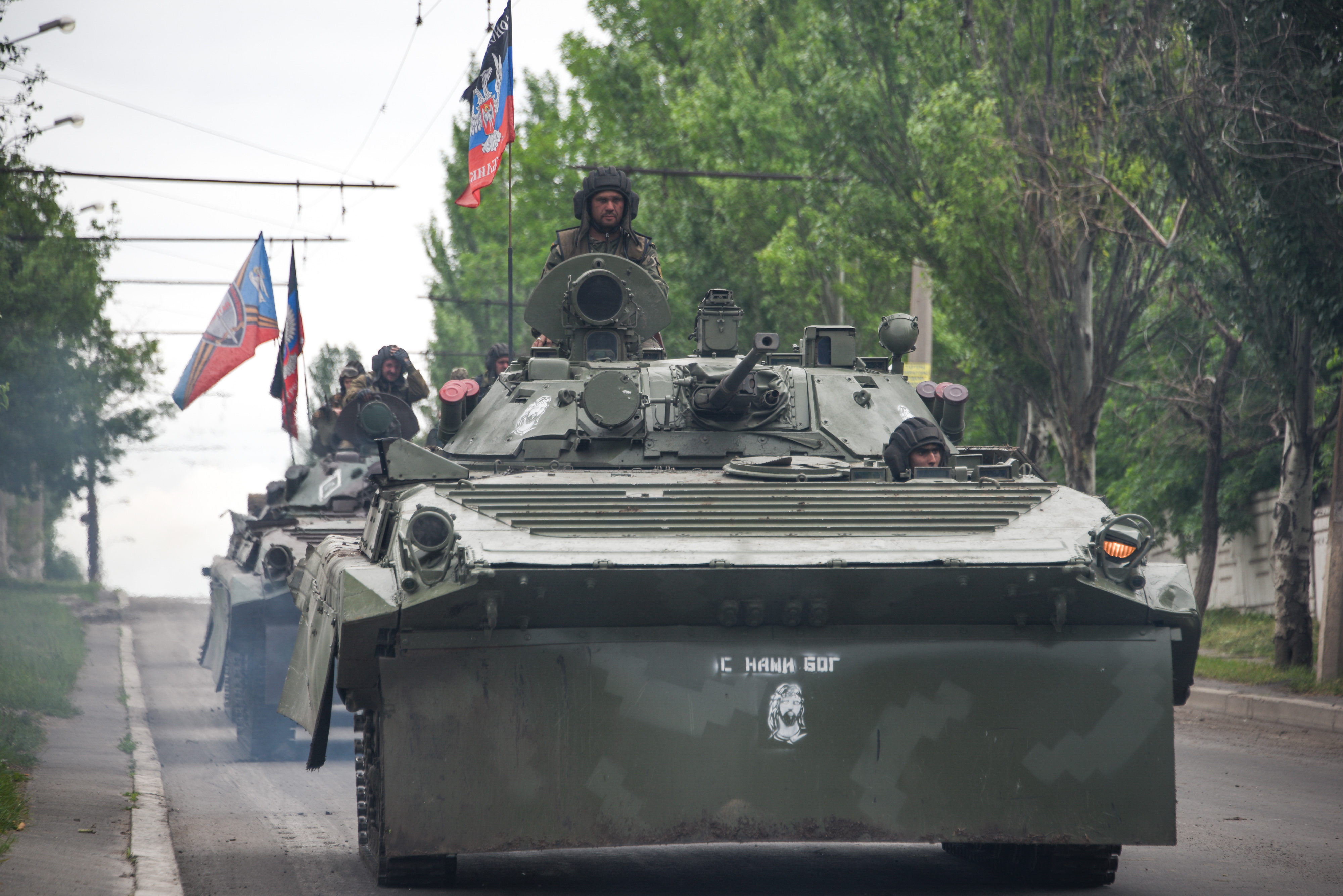It is 1948, and the all-white National Party has just legalized apartheid through a series of laws focussed on disconnecting the various racial groups within South Africa. Afrikaans has become the official language of work, school, and public communication. The Black community has been disenfranchised, and locations such as public toilets and beaches have been segregated. The pursuit of interracial relations has also been banned, with citizens divided up into four racial groups: black, Indian, coloured, and white. The tests used to categorize citizens within the racial groups are so imprecise that members of the same family are often separated into different groups. One example of this is the pencil test, which requires the placement of a pencil into one’s hair. If the individual shakes their head and the pencil easily falls out, they are classified as white or coloured. If it remains in the hair, the individual is classified as black. Apartheid in South Africa ends in 1994, but tests such as this continue to be used to fuel the genocide in Rwanda in the 90s, and were previously used to justify segregation in the United States during Jim Crow. Fast forward to present day, arbitrary tests of ethnicity and race, and the terrible events of genocide, segregation, and apartheid are often heralded as having no place in our current world.
On November 30, 1973, the Apartheid Convention was adopted by the United Nations General Assembly. The convention makes apartheid a crime against humanity and states that “inhuman acts resulting from the policies and practices of apartheid and similar policies and practices of racial segregation and discrimination” are international crimes. The convention does not, however, recognize the use of gender as a discriminatory tool, which has led to the coining of the term: gender apartheid.
In response to the current oppressive treatment of women in Afghanistan and Iran, a campaign titled End Gender Apartheid has recently been launched by a group of Afghan and Iranian legal experts, activists, and women. The campaign recognizes that while the current definition of apartheid only applies to racial hierarchies, it is important to extend this definition to issues of gender in efforts to stop severe forms of gender-based discrimination.
In Afghanistan, the rights of women vary vastly from those of men. Women are unable to reach the highest ranks of education, they cannot work for NGOs and in government, they require male guardians for travel, and must abide by a dress code. The same goes for women in Iran, who are unable to attend sporting events and are recognized as worth half a man under law, in addition to the other restrictions stated above. The End Gender Apartheid campaign recognizes this oppression of women as an intentional and systemic governing ideology – key factors used to define apartheid based on race. Further, the campaign states that expanding the definition of apartheid to include gender is the only way to achieve Sustainable Development Goal 5 – Gender Equality.
This idea of expanding the notion of “apartheid” is not new, with prominent Black South African feminists, such as Penelope Andrews, having drawn the connection between the treatment of race and gender many times in the past. Further, in 2020, UN Secretary-General António Guterres stated that “Just as slavery and colonialism were a stain on previous centuries, women’s inequality should shame us all in the twenty-first”. End Gender Apartheid has articulated that recognizing gender apartheid as a punishable crime would “strengthen tools available for ending apartheid regimes”, in addition to more comprehensively conveying the “gravity of the harms carried out in gender apartheid regimes.”
Educating oneself on the history of apartheid, understanding how it can be applied to tackle gender-based discrimination, and supporting campaigns such as End Gender Apartheid are just a few ways to ensure that twenty-first century is cemented as the century of women’s equality, with women from Afghanistan to Iran able to reap the benefits.
Photo: Iran Protests (2022) by Taymaz Valley via Flickr. Licensed under CC BY-NC-ND 2.0.
Disclaimer: Any views or opinions expressed in articles are solely those of the authors and do not necessarily represent the views of the NATO Association of Canada.




